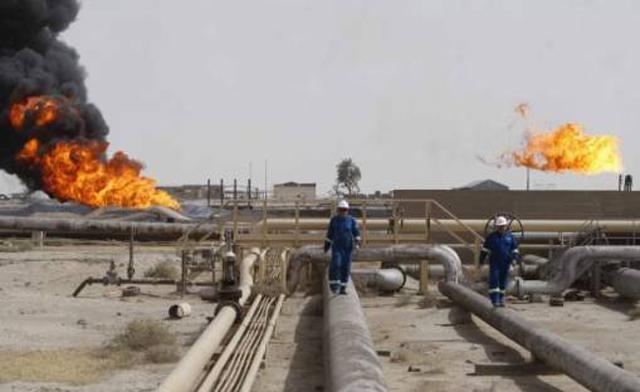
GECF CAN COOPERATE

Iran's Oil Minister Bijan Namdar Zanganeh responded to Natural Gas Europe's questions at a press conference following the Third GECF Gas Summit on the main challenges of the Gas Exporting Countries Forum (GECF) members.
He explained that the main concerns are the method of setting gas prices, uncertainty about the fate of current gas contracts as well as worries surrounding the situation of members in competition with other gas suppliers.
He said that being in competition together and the existence gas pricing disputes are an inseparable part of this market.
"I think, Iran can become a major gas supplier to the Persian Gulf and regional markets, but European LNG markets are a tough competitive place for Iran."
At the press conference, Minister Zanganeh said that competition with major coal exporters is also another challenge for GECF members.
The Minister also said GECF members have shown that despite differences, they can cooperate together to achieve common interests.
Gas exporters have apprehensions regarding the loss of long-term contracts as the market is rapidly moving in the direction of crude oil where prices are set by the market, according to Minister Zanganeh.
The Iranian Oil Minister said it is too early for GECF to play a role in global gas pricing.
In response to a question raised by the Natural Gas Europe reporter about the most important challenge facing the GECF, the oil minister said: "Gas exporters will always have price concerns and will keep on competing with each other. Meanwhile, in the global market the issue of long-term contracts with fixed prices is going to be abandoned. You may have noted that the issue was reiterated by a number of ministers and heads of state. Although oil markets are open in some parts of the world and are operated by stock markets in some other points and despite the fact that countries can affect prices through supply and demand, but the market will finally set the oil price. Characteristics and conditions in the gas market are rapidly changing to become similar to those of the oil market. Moreover, competing with other energy carriers, coal in particular, is among the challenges facing the gas producing countries.
Algeria, Bolivia, Egypt, Equatorial Guinea, Iran, Libya, Nigeria, Qatar, Russia, Trinidad and Tobago, United Arab Emirates and Venezuela are members of the GECF. Iraq, Kazakhstan, the Netherlands, Norway, Oman, Azerbaijan, and Peru have the status of observer members.
Together, the GECF's 12 member countries account for 67% of the world's gas reserves, for 64% of global LNG exports and for 42% of cross-border pipeline trade.
-----
More:
RUSSIA & IRAN: STRATEGIC PARTNERS



